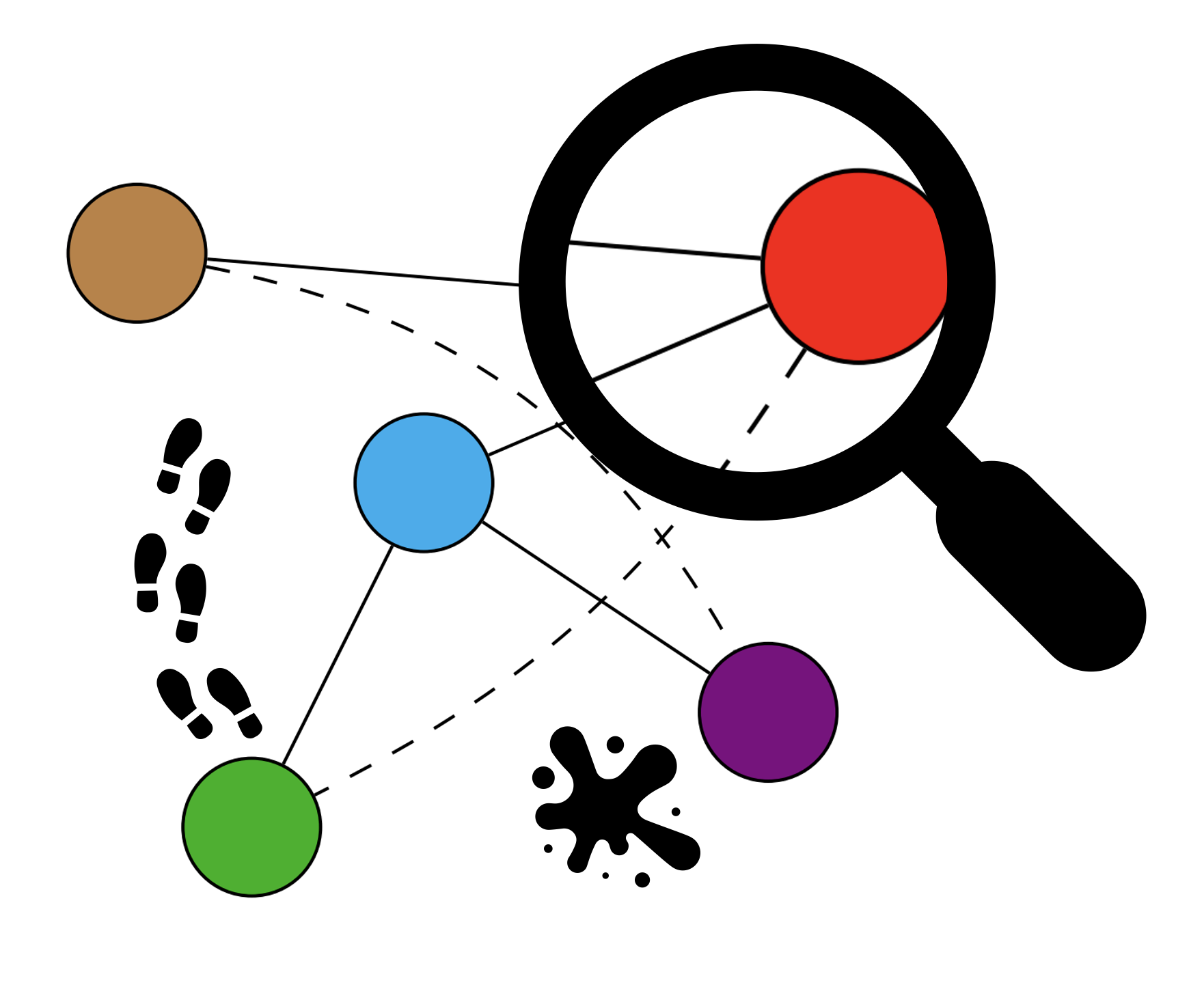About me
I'm a PhD student at the University of Edinburgh, in the Artificial Intelligence and its Applications Institute. I am focusing on using and improving
neurosymbolic AI for biomedical applications.
To see my latest publications and preprints, check out my Google Scholar page.
News & Announcements
- I'm an Enrichment Scheme recipient with the Alan Turing Institute! I'll be working in both Edinburgh and London during the rest of my PhD.
- Our survey paper for Neurosymbolic AI on KGs is published in IEEE TNNLS! DOI: 10.1109/TNNLS.2024.3420218
- In September, I presented our survey paper on Neurosymbolic AI for KGs in Barcelona at the 18th International Conference on Neural-Symbolic Learning and Reasoning (NeSy 2024)
In a Nutshell: What I'm doing
-
Neurosymbolic AI for Few Shot Prediction of Rare Side Effects
As an Enrichment Scheme fellow at the Alan Turing Institute, I am using neurosymbolic approaches for few shot prediction of rare side effects in a clinical dataset.
-
Drug Discovery and Mechanism of Action Deconvolution
As an intern at Enveda, I developed a neurosymbolic model for deconvoluting drug mechanisms of action.
-
Meaningful Data Fusion for Alzheimer's Disease Data
My most recent project involves the development of a novel method for meaningful multimodal data fusion. This is a joint effort with colleagues at the Fraunhofer Institute for Algorithms and Scientific Computing in Bonn, Germany.
-
Neurosymbolic Methods for Reasoning over Knowledge Graphs
With colleagues at the University of Edinburgh, we have created a comprehensive survey on neurosymbolic methods for reasoning over graph structures.
-
Multimorbidity Clustering and Accrual with Depression
In a collaborative project with clinicians and statisticians at the Usher Institute in Edinburgh, I investigated how groups of physical conditions cluster, and how they accrue alongside depression.




